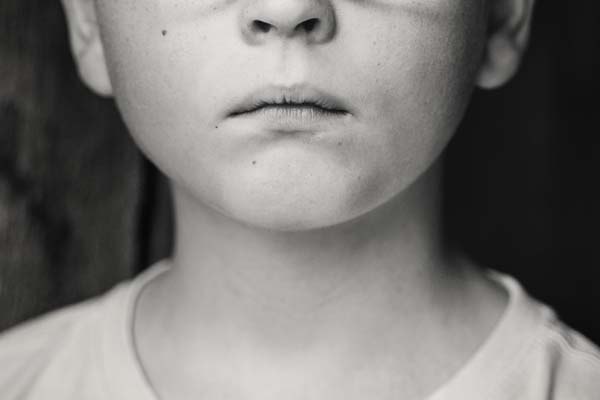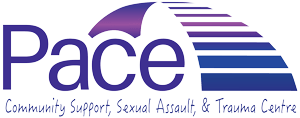WHO DO YOU TELL?™ Program (WDYT)
Building Safe & Caring Communities Through Support & Education
You are here: Home » Programs » Public Awareness Programs » “Who Do You Tell”™ Presentation
The “Who Do You Tell?”™ Program (WDYT) is an education program created specifically for elementary school children, their parents, and teachers.
- The “WDYT?”™ Program was first introduced in Calgary in 1983.
- The “WDYT?”™ Program has the approval of the Grande Prairie Public, Catholic, and Peace Wapiti School Boards.
- The “WDYT?”™ Program has been offered to students in Grande Prairie and Area since 2008.
The “Who Do You Tell?”™ program is about empowering children with information about child sexual abuse, delivering key messages such as:
- Childhood sexual abuse is NEVER the child’s fault.
- It’s ok to say NO.
- The most important thing to do is to tell an adult that you trust.

We are proud to deliver this program that is licensed through CCASA. (Calgary Communities Against Sexual Abuse) this is a two-part 60-minute presentation held over two days per class and in a discussion format.
Classroom presentations are tailored to the grade and developmental level of students. The program uses a variety of teaching tools to deliver key messages of the program, such as; stories, videos, cartoon pictures, and role plays.
Day 1 consists of…
- Use of pictures to discuss 4 different kinds of touches:
- OK touches (hugs, pat on the back, high five) – with discussion on who decides for you if a touch is okay or not okay? (You decide because it’s your body)
- Hurtful touches (hit, kick, punch) – with discussion on domestic violence & physical abuse and what to do if you see it happening at home
- Not OK touches to private parts – with discussion on why it’s important to tell
- Helpful, necessary touches to private parts (changing a baby’s diaper, doctor, dentist) – discuss when a touch can happen for a helpful, necessary reason
- Learn the locations of private parts (Gr. 4-6), including why the mouth is considered a private part
- Discuss bribes and threats and what to do if bribed or threatened by a bigger, older person
Talk about key messages:
(1) Abuse of any kind is never the child’s fault (always the bigger, older person’s fault)
(2) The most important thing to do is to tell an adult that you trust
Day 2 consists of…
- Review all 4 different kinds of touches & information from Day 1
- Read a story (Grades K-2) or watch a video with 3 different scenarios (Grades 3-6)
- Answer and discuss commonly asked questions (Gr. 4-6)
After the “WDYT?”™ Presentation, students have an opportunity to speak privately one-on-one with the PACE program educator(s) about their personal questions or concerns. Time is set aside after each presentation where students may request time with the educators to talk about these private stories or worries in a designated room. As such, disclosures regarding abuse may occur and may need to be reported to the following: RCMP or Child and Family Services.
PROGRAM DETAILS
Program Sponsors
City of Grande Prairie Community Social Development
FCSS Greenview
FCSS County of Grande Prairie
“Children remind us to treasure the smallest of gifts, even in the most difficult of times.”
Allen Klein
